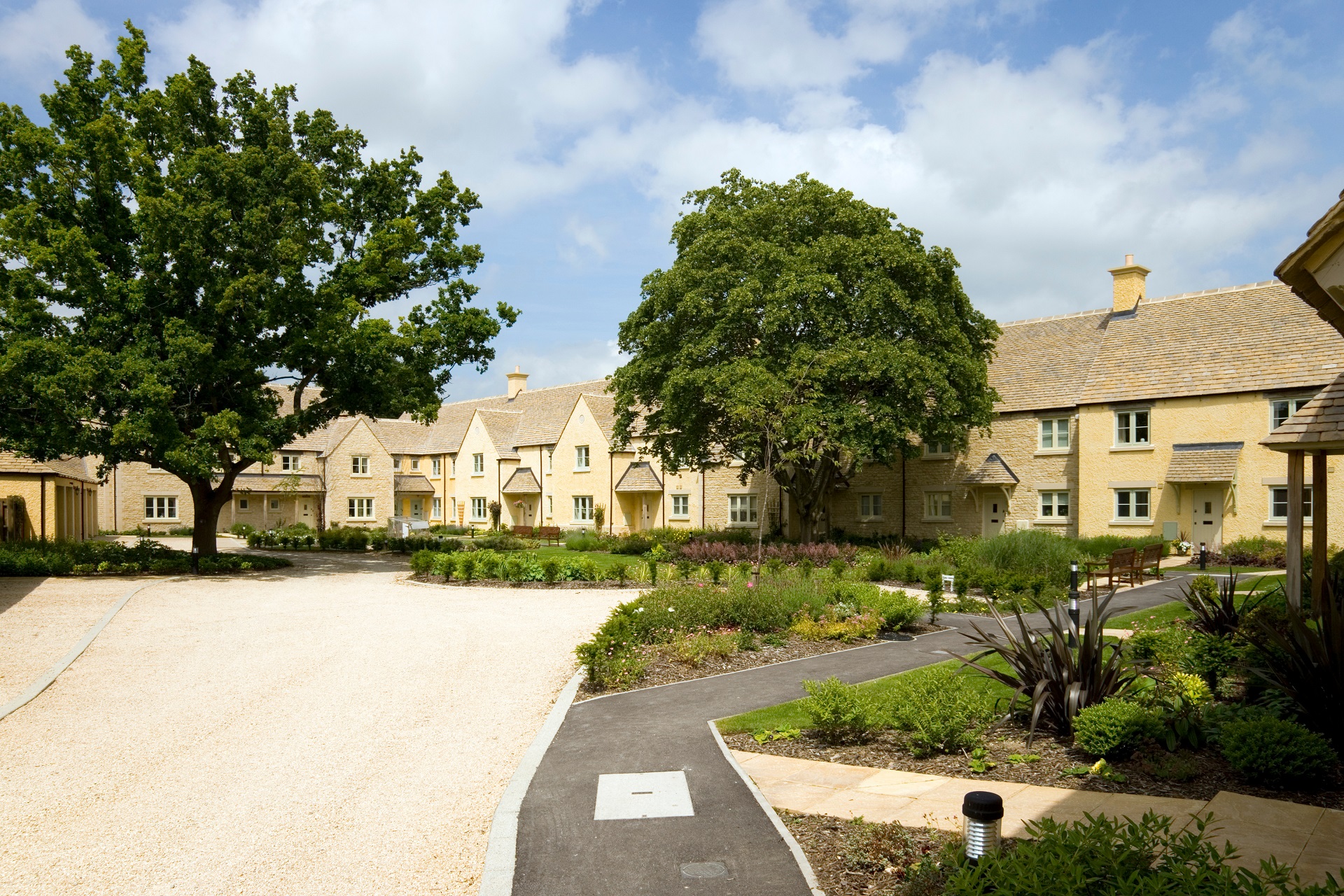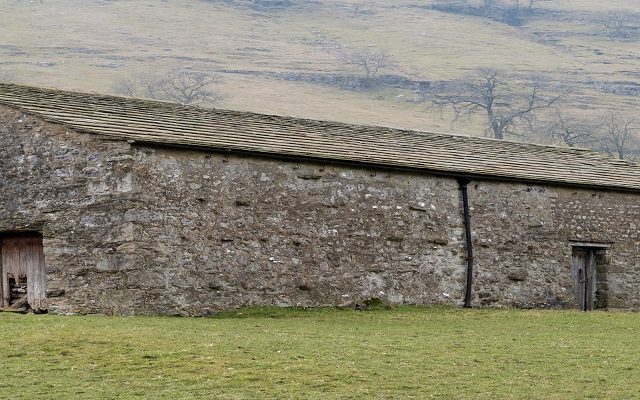Retirement villages – a growing opportunity for landowners
We are sitting on a demographic time-bomb. Improvements in life expectancy along with declining birth rates means that the UK has an ageing population. According to data from the Office of National Statistics (ONS), around one-fifth of the UK population – or around 12.3m people – was aged 65 or over in 2019 but by 2043, it is projected that that this figure will have risen to 17.4m people.
People’s housing needs often change as they get older. But most over-65s currently live in mainstream housing even though it may not be very suitable. Many people are living in homes that are larger than they need, when something smaller would be far easier and cheaper to maintain and run.
But downsizing and moving to more appropriate accommodation can be difficult. While some of the barriers to moving home later in life may be emotional, a big one is also a lack of appropriate housing for older people to move on to. This is frustrating as there is evidence that moving into the right kind of senior-living accommodation can slow age-related faculty decline and reduce costs for local care and health services.
So is it time for rural estates to explore opportunities to get involved in the delivery of senior-living accommodation?
It is certainly a diversification that is worth considering for rural landowners, although it is important to do your homework first. One of the first things to understand is the terminology. For most people, senior living is synonymous with care homes. But in fact, where there is probably greatest unmet need is in the provision of ‘housing with care’. This covers a range of residential formats including independent living housing schemes and retirement villages, through to those with light-touch support such as assisted living or extra care. These are schemes which aim to help older people to live independently for longer, whilst also offering the benefits of being part of an organised community.
It is an emerging market but there is clearly potential for it to grow. Only about 0.6% of over-65s in the UK currently live in ‘housing with care’, compared to more than 5% in Australia and New Zealand. Emerging from the pandemic, operators have reported an upturn in sales whilst mixed tenure and rental offerings are becoming increasingly prevalent. We estimate that the UK senior-living sector has the potential to more than double in value.
Retirement communities – what is required?
Different senior living operators target different parts of the market. Some are very much focused on downsizers looking for a small apartment and the communal facilities may be limited to a bistro or café. Others are offering a fully integrated retirement community, with luxurious properties, restaurants, wellness facilities, spas, swimming pools and games rooms.
Providers are generally looking for sites of between two and six acres on the edge of a town and close to public transport routes, so residents can access local facilities without needing to drive.
Landowners can choose to sell and take a capital receipt, or we have seen examples where ground leases are granted for 200 years and the landowner takes a ground rent instead. Providers can also be open to joint ventures.
Finally, there may be other benefits for rural estates to consider beyond the financial. I am aware of one retirement community built on a rural estate which came to an arrangement whereby the estate was allocated several of the properties to house retired farm and estate workers. This helped free up accommodation for the next generation of workers and enhance the estate’s sense of community. An integrated retirement community will also create ongoing employment opportunities, boosting the local economy and creating places and spaces which can add to a sense of wellbeing.
If you would like to discuss any aspect of this article, contact Samantha Rowland. This article first appeared in our latest issue of Land Business. For more download the Autumn / Winter 22 edition of Land Business.






